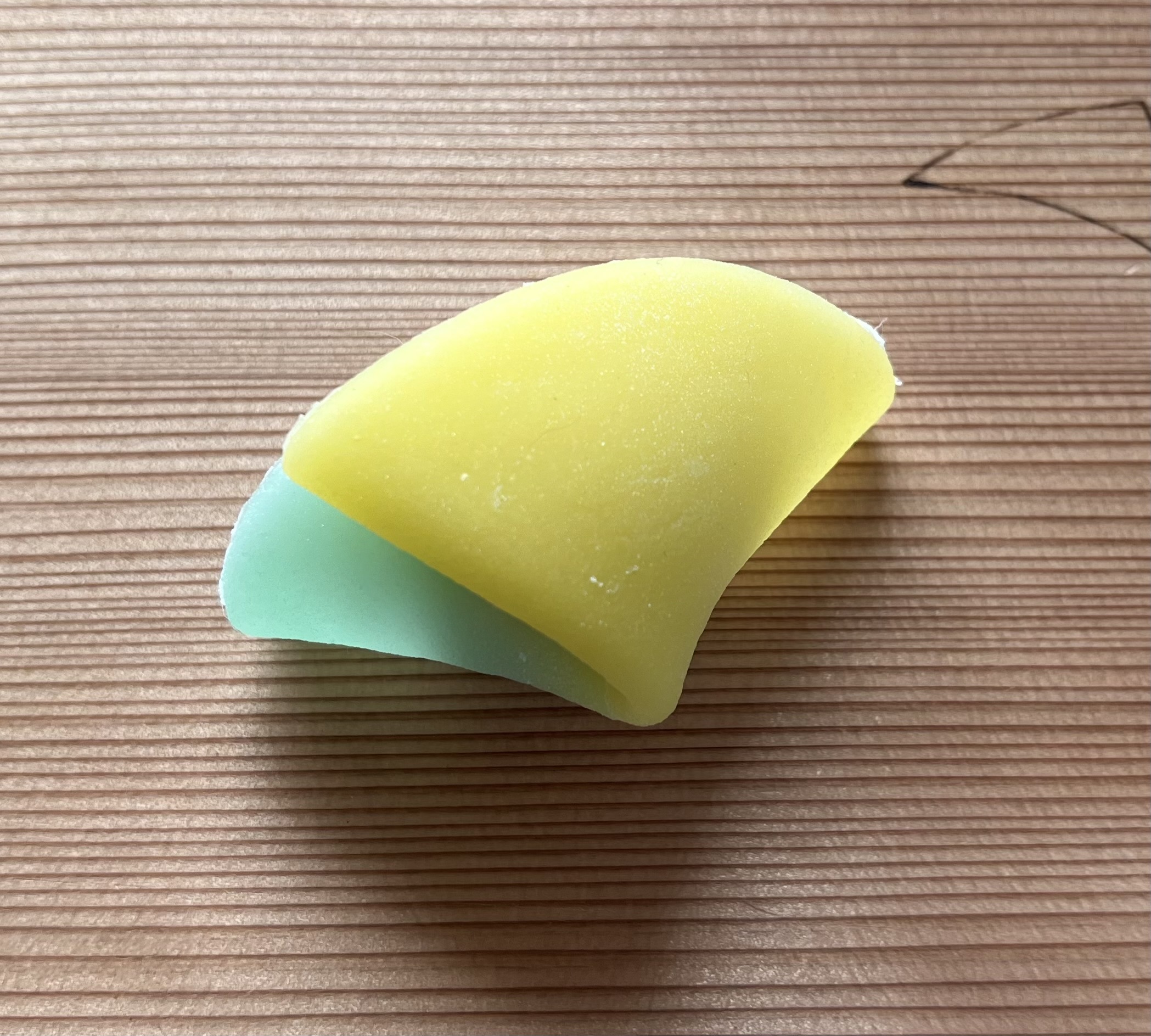I’ve been doing it since day one, but I fear that if I don’t do it carefully enough, it might cripple my accent later on.
Also, saying the words out loud kind of demotivates me from doing anki as it’s a lot more work and gets stressful since I don’t want to pick up bad speaking habits, so not saying words out loud would actually be a relief, but I want to do what is most optimal for learning.
Language learning is a long, long process, and it’s important to make sure your habits are sustainable. It doesn’t really matter what’s optimal if you get demotivated and stop learning, so above all, you should do whatever keeps up your learning process. Don’t force yourself to speak the flashcards aloud if that will discourage you from the whole thing.
That, and don’t worry about optimal. There are no bad habits that can’t be unlearned (and the value you’d get out of speaking would far outweigh any effort you need to invest in the future if you want to improve your accent). Speaking would be great, but as long as you’re learning grammar and vocabulary, you’re on track.
Honestly, its not too valuable. Japanese phonemes are mostly straightforward for english speakers, with the exception of “n”, the “d” and “r” syllabes, and the small “y” syllables (kya, ryo, etc). Those deserve some practice.
The stuff that gets complicated is things like devoicing, pitch accent, and redaku, which are all contextual. Listen for these in your anki so you get familiar with them, then practice them either in person or by shadowing in your immersion.
SRS helps you remember the shape of the word so you can qet to know it when you meet it in the wild, but it won’t teach you the job that word plays in laguange.
You have to strike a balance between fun and effective. I wouldn’t recommend doing things that make you miserable, but also don’t only use study methods that are “fun.”
As for the titular question, if reading the cards is still a slog for you, try:
- Making shorter cards. I do full sentence mining for my studying, so I’ll sometimes end up with kind of long Anki cards. I think there are some purists out there who believe you should be able to go through your Anki cards super fast. I don’t care, and I’m fine with a little more ponderous pace, since I go through my cards on the train, which gives me like an hour or so. However, if reading the cards is difficult and taking too much time, try making shorter cards. Short sentences, or even single-word cards. If the kana are still a struggle to read fluidly, probably stick with kana-only cards, and then move up to kanji with furigana, and then without the furigana.
- I don’t really practice my accent and somehow ended up with a passable accent. Luck of the draw, I guess. What I do practice is cadence: being able to speak at a natural and consistent rate. Anki cards are actually really good for this in my experience: you can just tap out the morae and whisper the words to yourself.
- Try reading through longer texts you haven’t read before. This will stretch the muscle of sight reading.
I would generally recommend reading the cards aloud (or at least under your breath). Japanese pronunciation is not very difficult, so any mistakes you have will probably just be in pitch-accent, and imo it’s better to be able to pronounce words almost correctly than not be able to pronounce words at all.



